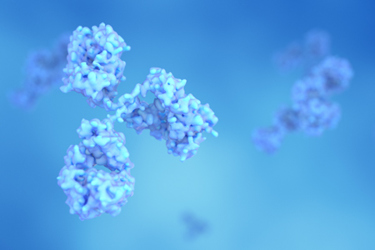An Innovative Approach To Addressing High Aggregate Challenges In Engineered Monoclonal Antibodies
By Ying Chen, Al de Leon, Kelly Flook, Thermo Fisher Scientific

This study introduces a resin-based method using immobilized Caprylic acid for eliminating high levels of aggregates, host cell protein residues, and leached ligand from protein A affinity resin. The resin was created by chemically attaching caprylic acid to large pore POROS™ divinylbenzene polymeric beads. The resin's performance was tested on loading, aggregate elimination, and operational conditions.
The Design of Experiment (DoE) study was employed to determine the optimal conditions for achieving a monomer yield > 80% and a reduction of aggregate levels to < 2%. The resin also proved effective in eliminating other high molecular weight species. The study concludes that the resin-based method shows promise for effectively reducing high aggregate levels in mAbs, delivering high monomer yields with low aggregate impurity levels, enhancing mAb purification process designs, and could be economically beneficial for existing and new modalities.
Get unlimited access to:
Enter your credentials below to log in. Not yet a member of Bioprocess Online? Subscribe today.
